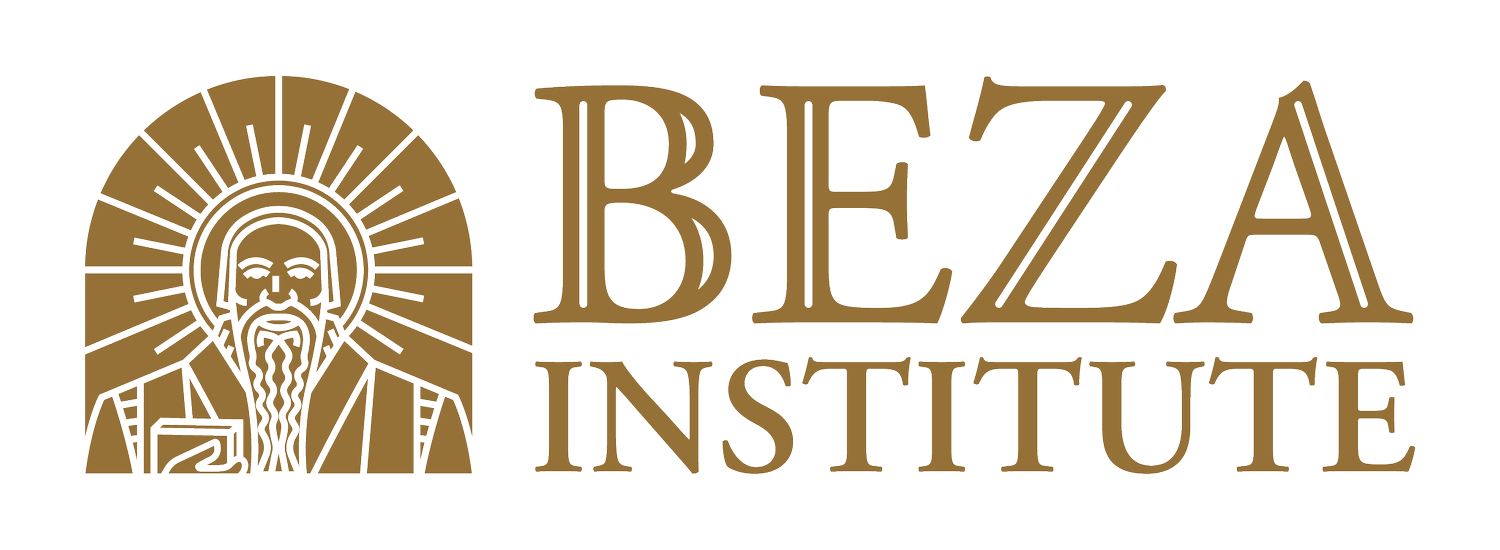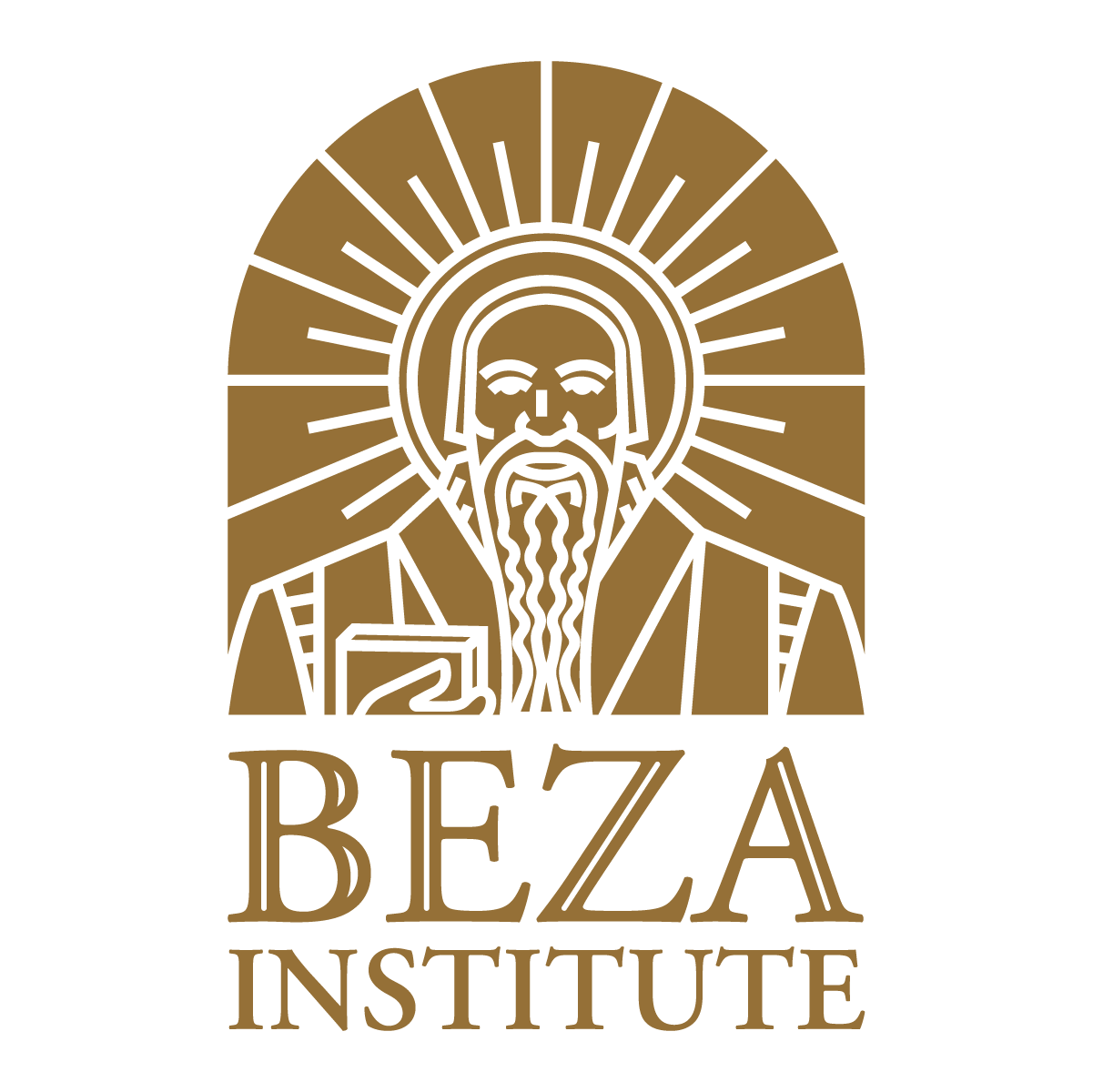Soul-stirring Kleos
Each student who walks through your door has a unique identity. He occupies a specific chair and comes from a specific family. However, each student also needs to learn that he is not the most important person in the room. He needs to learn how to place himself under the authority of the teacher, but maybe more importantly, each student needs to learn to take their place in the corporate body called the classroom, participating in the communal experiences requisite for true education and virtue formation—practices that shape the soul.
Communal experiences take place in community, which means we begin to understand that we are participating in something shared—we are all inheritors of the same patrimony. The Western Tradition is something we receive as a gift to steward and share. Just keeping kids in church by entertaining them is not the same thing as faithfulness. Just keeping kids in school by entertaining them is also not the same thing as education. If we err on the side of entertainment, then we forsake the transcendent and settle for skills and information. I once had an administrator complain that I did nothing “fun” in the classroom. Then my curriculum director came and observed. What he saw was “joy.” Fun is not the same thing as joy because entertainment is not transcendent.
In a very real sense, a classroom cannot work if the students in the classroom fail to practice self-denial. If you think about even the most rudimentary aspect of classroom management—raising your hand—this is a function of self-denial. The student cannot say what she wants to say when she wants to say it. She must wait. She must hold her tongue and put her hand in the air. While she waits, she must deny herself the freedom to think other thoughts because she must hold on to the one she hopes to share. Classrooms must run on self-denial.
But this necessary self-denial is not self-loathing. This is not McChoakumchild in Hard Times. Or, Brocklehurst in Jane Eyre. It’s almost impossible for us to conceive of teachers and schools so manipulative and abusive in our day and age, for our problem is not one of teachers abusing their authority. Ours is a problem of teachers having no authority at all. Which is precisely why calling students to practice self-denial seems barbaric. And career ending.
While works like Jane Eyre and Hard Times conceptualize one extreme, it is often harder for us to see our profession in a more honored and revered sense. As it honestly should be honored and revered. Louise Cowan in her lifetime did much great work in advancing and upholding the sacred authority of the teacher. She honored and revered teachers. Listening to a lecture of hers recently, I heard her describe just why she believed teachers must be honored and revered.
She claimed that our history, our past ought really to be considered sacred. She defined “kleos” not as fame as we understand fame, but as the region of mystery and memory where heroes and great events reside. In this region, the timeless virtues of courage and prudence are attached to historical events, events and virtues that are just as real as empirical data. She said, “Teachers are the high priests of this region of communal memory. Without teachers only bits and pieces of it can emerge into ordinary life and perhaps in distorted form.” Without teachers, only fragments of communal memory break into the present day. Only bits and pieces of “kleos” emerge, distorted shards that fail to ennoble or inspire.
The teacher journeys into the land of “kleos” through history, literature, myth, even theology and philosophy. It becomes the standard by which a student measures himself and others. It becomes the imagination’s handle upon reality. It is a sacred region into which the teacher brings her students. She stands as the priest, the saint, the sage, the guide who can bridge these two terrains: the present with its contemporary events and concerns and the communal memory filled with soul-stirring kleos. It’s what I think of when I read these lines from T.S. Eliot’s Wasteland:
“But to apprehend
The point of intersection of the timeless
with time, is an occupation for the saint—
No occupation either, but something given
And taken, in a lifetime’s death in love,
Ardour and selflessness and self-surrender.”
The teacher labors much like a saint. She is the one who intersects time and the timeless, who through a lifetime of “death in love” and “ardour, selflessness, and self-surrender” daily points her students to the glory of God. So the teacher practices self-denial in her vocation and by asking students to join with her in the communal practices of her classroom, “to apprehend the point of intersection of the timeless with time”, she is asking her students to practice self-denial.

